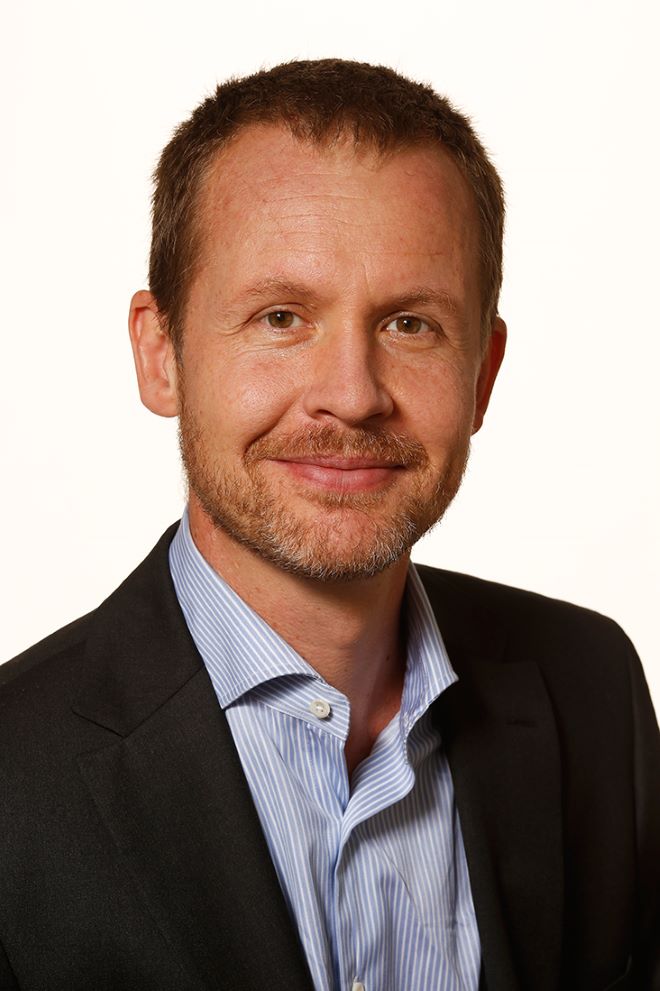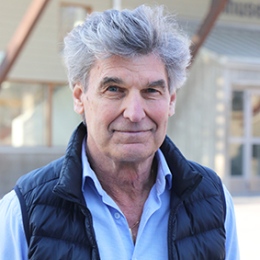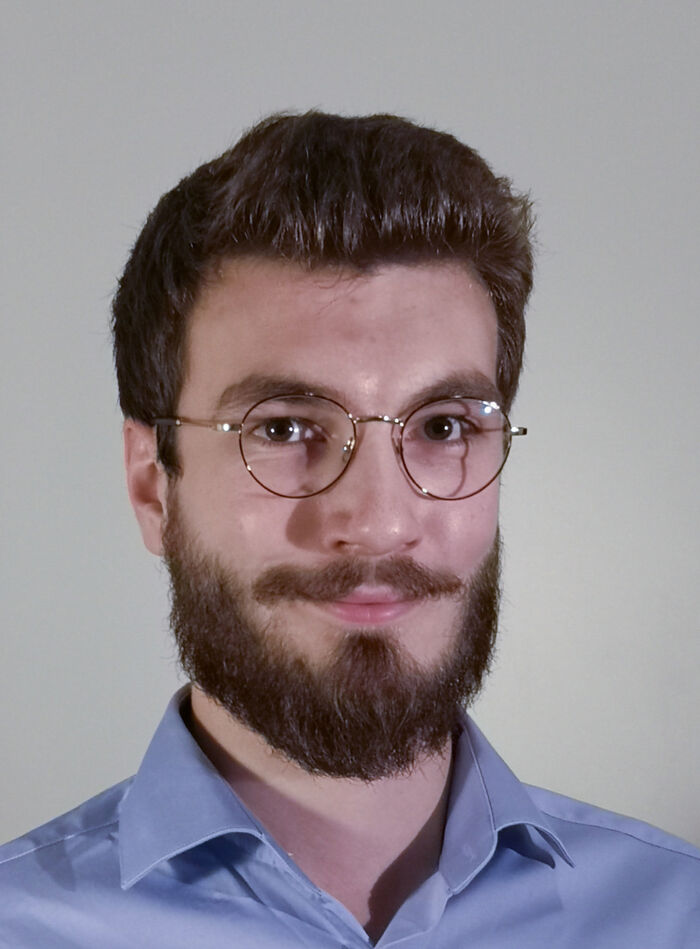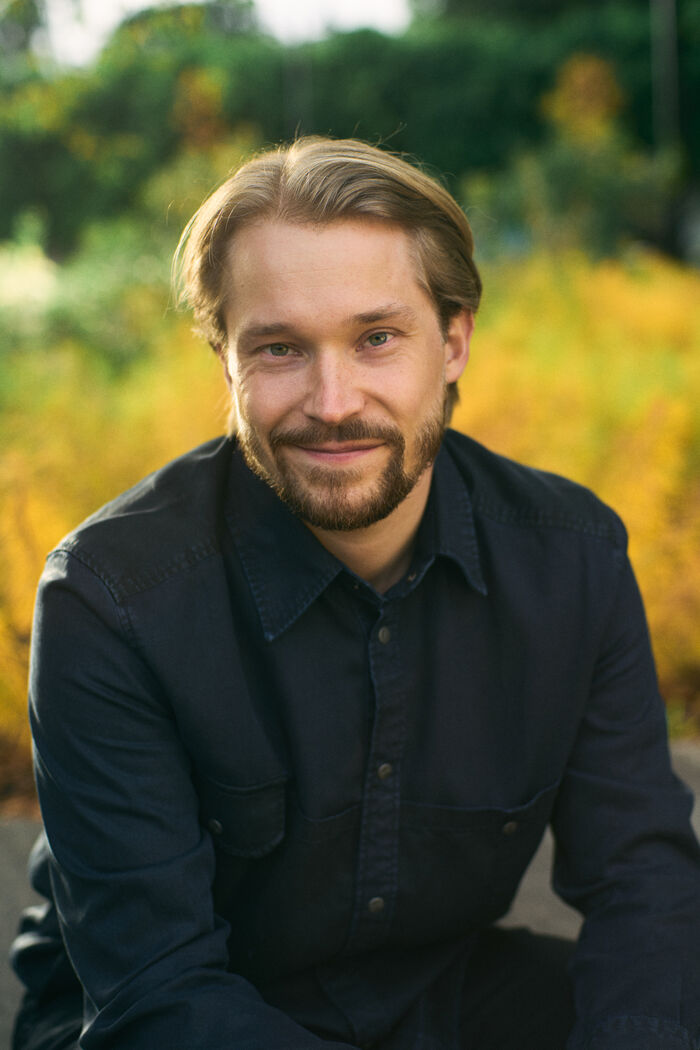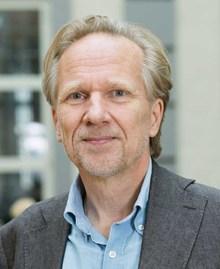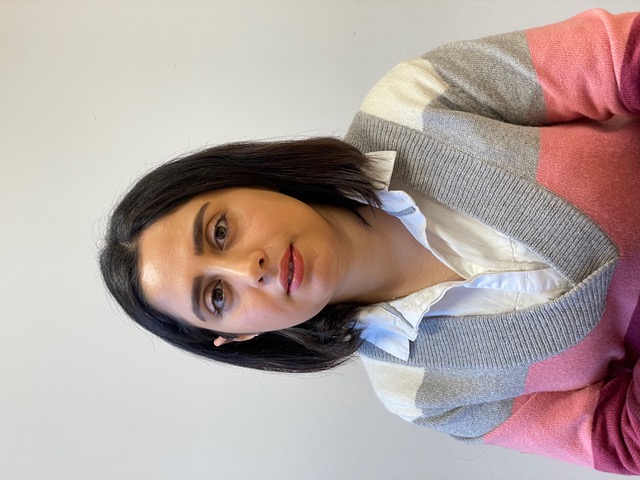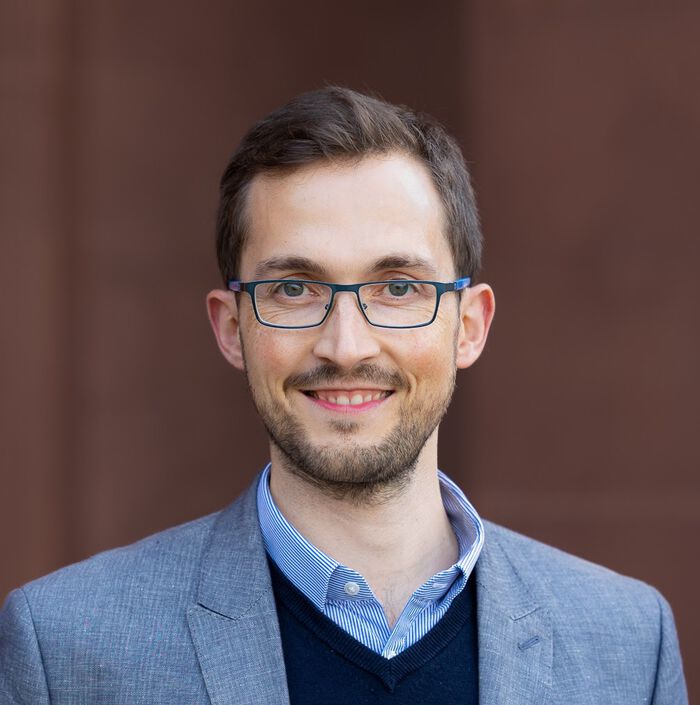Tidligere arrangementer - Side 44
For millennia, origami and kirigami artists have used folds and cuts to create beautiful shapes from a simple sheet of paper. I will describe our recent scientific attempts to catch up with these remarkably imaginative arts phrased as inverse problems in physical geometry that aim to control the shape and rigidity of a thin surface. Using discrete operations that vary the number, size, orientation and coordination of folds and cuts, I will show how to create piecewise isometric kirigami and origami tessellations and control their local and global morphology and mechanical response, mixing experimental, computational and theoretical approaches.
Department seminar. Edwin Leuven is a Professor at the Department of Economics, University of Oslo. He will present the paper: "Event Studies, Endogenous Fertility Timing and the Child Penalty."
Saeedeh Salimifar talks about presupposition projection:
Carlos José Díaz Baso, Postdoctoral Fellow at Rosseland Centre for Solar Physics, University of Oslo.
Kristian Bj?rkdahl holder et innlegg for Forskerseminaret i tekst og retorikk basert p? et p?g?ende prosjekt om forskningskommunikasjon som profesjon.
Research and public discourse about reproductive technologies tend to emphasize the experiences and practices of women. This seminar explores how men are implicated as users of emergent reproductive technologies.
Department seminar. Torsten Persson is Professor of Economics at Stockholm University and Centennial Professor at the London School of Economics. He will present the paper: “The Political Economics of Green Transitions”.
After a brief introduction to the main physical characteristics of tsunami events, the recently developed Iterative Filtering technique is presented and applied to the decomposition of tsunami signals from pressure and tide gauges. It is shown how these signals are successfully decomposed into components of different physical origins. Then, the time-frequency representation of these time series is obtained by using the IMFogram algorithm, which computes instantaneous amplitudes and frequencies for the previously obtained components. Finally, possible applications to tsunami science are discussed, such as possible applications to real time detection in early warning context.
Nils-Ole Stutzer, PhD Fellow at Institute of Theoretical Astrophysics, University of Oslo.
Department seminar. Joonas Tuhkuri is an Assistant Professor of Economics at Stockholm University He will present the paper: "New Evidence on the Effect of Technology on Employment and Skill Demand".
The Ports speaker series features Liam Campling, Professor of International Business and Development at Queen Mary University of London, and Alex Colas Professor of International Relations at Birkbeck University of London.
Estimates of environmental extremes are needed for a multitude of applications. For example, buildings, roads, bridges and dams must be designed to withstand extreme precipitation and flooding events of a certain size. Obtaining such estimates requires a combination of statistical theory and environmental process understanding to overcome data deficiencies: data on extremes are by definition sparse and regulations often require estimates for events that have yet to be observed. We will present approaches to obtain consistent estimates across spatial locations and accumulation periods, and discuss a few open questions on this topic.
Department seminar. Tore Ellingsen is Professor of Economics at Stockholm School of Economics. He will present the paper: "A Model of Social Duties".
Welcome to nex seminar of the semester, where we will host a talk by Laura Valencia (Doctoral Research Fellow, Lefevre-Nilsson Group, FYSCELL, IBV)
OceanSun’s floating solar island consists of a hydro elastic membrane attached to a flexible torus, providing a more cost-efficient alternative with natural cooling of the panels leading to increased efficiency. The current research focuses on the seakeeping characteristics of OceanSun’s FSPV concept specifically. Wave induced loads are of particular interest, as the feasibility of offshore installation strongly depends on environmental loads. Important responses of the membrane based FSPV are identified by the development of a global model based on linear potential flow theory, and linearly pre-tensioned membrane motions. Based on theory formulated by Gr?n (2022), a modal analysis is used to describe the vertical displacement of the membrane-floater system. A numerical implementation of the theory in WAMIT is compared to experimental results from model-scaled tests.
Maryam Saberi, Researcher at Rosseland Centre for Solar Physics, University of Oslo.
Department seminar. Andreas Gerster is a Acting Professor of Economics at University of Mannheim. He will present the paper: “Energy Tax Exemptions and Industrial Production”.
Felleskollokvium by prof. Erik Adli, Dept. of Physics, UiO
The whale is held to have great symbolic meaning, as an environmental emblem, as food, as tourist attraction, and more. In Andenes, Vester?len, two anthropologists, Britt Kramvig and Sadie Hale talk about their search for different kinds of whales and the particular ways that the whale-as-symbol is contested in this place.
QOMBINE seminar talks by Delphine Martres (University of Oslo) and Alexander Müller-Hermes (University of Oslo)
Prof. Julian Caskel, from Folkwang University of the Arts, will speak at RITMO's Seminar Series.

